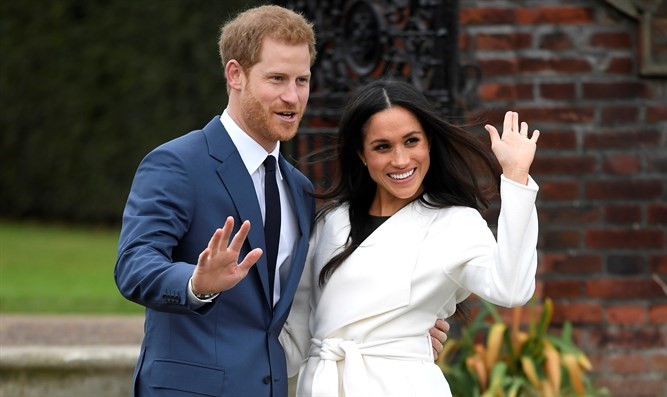The Royal Treatment?

By Carol Girvin
This weekend, the world will direct its collective gaze upon the United Kingdom to observe the joyous wedding of Prince Harry of Wales and Meghan Markle.
Notably, their wedding will mark the first time in British history that a U.S. citizen has married into the royal family.
Amidst the fanfare of their highly anticipated union, Ms. Markle will likely face some tax-related hassles behind the scenes. A recent article in the Wall Street Journal outlined some of the challenges that the princess-to-be could encounter as a result of her trans-Atlantic matrimony. Ms. Markel is not alone; many Americans who marry foreign nationals could experience a lifetime of harassment from the U.S. Internal Revenue Service.
The greatest impact on Ms. Markel will be the need to constantly report her financial activities to U.S. authorities. For example, suppose that Ms. Markel’s new grandmother-in-law, the Queen of England, lends her a tiara or diamond bracelet. She would be obligated to report this exchange to the IRS.
In addition, if she shares free rent for the residence at Kensington Palace, its value is reportable to the IRS. And if Harry and Meghan have a joint bank account or credit card with a balance that exceeds $10,000, the account has to be reported.
The penalties for improperly reporting her information to the IRS are severe, with the potential to consume as much as half of her account values.
That being said, it is possible that none of these regulations will significantly increase Ms. Markel’s tax bill. Assets that are held in trusts can be taxed at a rate of 37%, and many of the British royal family’s assets are organized in this fashion.

Photo Credit – The Wall Street Journal
The WSJ article also dives deeper into other odd provisions within the convoluted tangle of international financial requirements. For example, if a U.S. citizen works in Australia, Australian law requires that a person have a retirement account; however, U.S. tax law treats these accounts the same as offshore trusts, with very complex reporting rules.
Of course, Ms. Markle could simply opt out of U.S. citizenship, which thousands have done over the years. However, she would not receive U.K. citizenship for a potentially significant period of time (due to a long waiting period in England); so it appears she will have to adhere to U.S. tax rules for the foreseeable future.
As you watch the coverage of the wedding, keep your eyes peeled for the guys in plain dark suits and glasses. There’s a good chance they are the IRS agents – the unwelcome guests at the happy couples’ special day.

